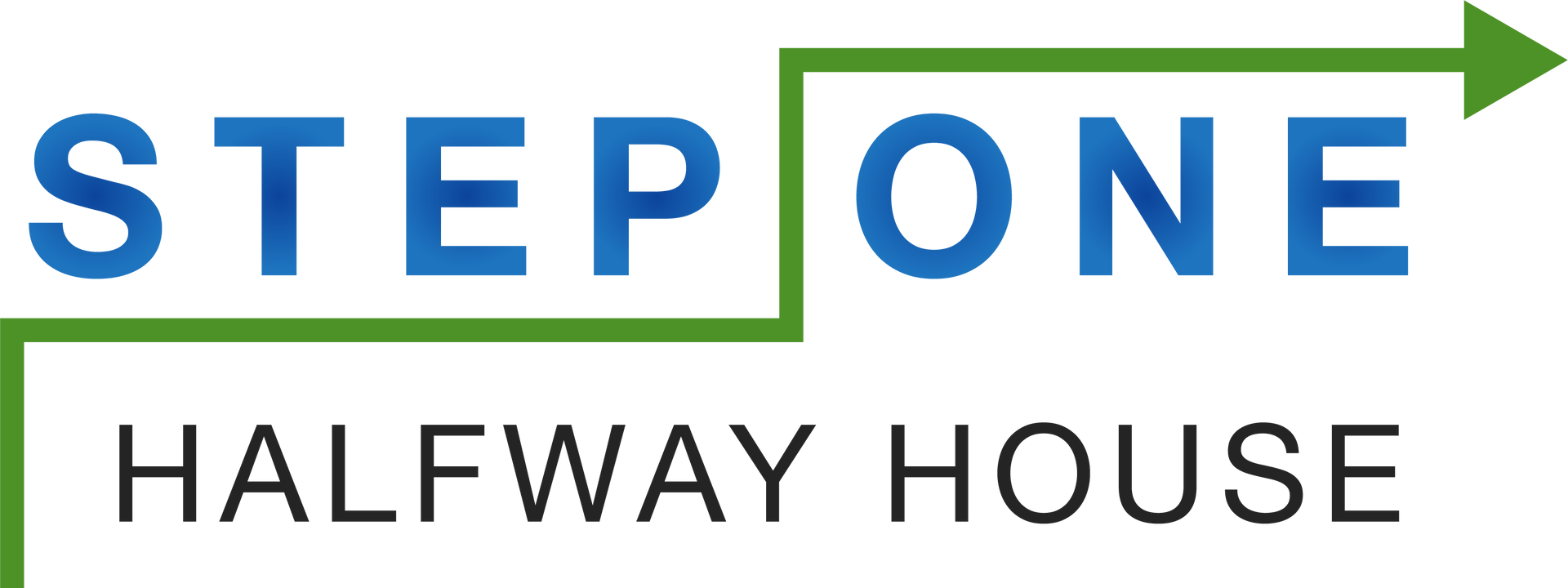Building a Stronger You: Self-Improvement Leading to Wellness
Building a Stronger You: Self-Improvement Leading to Wellness

Finding optimal wellness is a journey that encompasses not just physical health but also mental and emotional well-being. It involves nurturing and improving various aspects of your life, including your career, personal growth, mindset, and environment. This article from Step One Halfway House will explore how self-improvement can lead to optimal wellness, focusing on seven key areas.
Embracing Entrepreneurship
If you're craving a significant shift in your life, entrepreneurship could be the answer. This path allows for creativity, independence, and the potential for significant financial reward. Begin by crafting a comprehensive business plan that outlines your vision, objectives, and how you intend to achieve them. Use an online formation service to register your business. This streamlines the process, ensuring you meet all legal requirements without the hassle. Remember, entrepreneurship is not just about starting a business; it's about structuring it for success right from the start.
Chart a New Course in Your Career
If entrepreneurship is not for you, setting your sights on a new career could be the catalyst you need. This significant shift can bring fresh challenges, experiences, and fulfillment. However, transitioning to a new career involves several steps, one of which is understanding how to create a resume. Luckily, there are plenty of tools and templates that can help you highlight your relevant skills and experiences.
Learning New Skills
Next, consider learning new skills. This can stimulate cognitive function and promote personal growth. Whether it's a new language, a musical instrument, or a cooking technique, learning something new challenges your brain, keeps you engaged, and boosts your confidence. It's a form of self-improvement that not only enhances your abilities but also introduces you to new passions and perspectives.
Harnessing the Power of Positive Affirmations
Remember the power of positive affirmations. Regularly repeating positive statements can boost your self-esteem and promote a positive mindset. These affirmations serve as reminders of your abilities, strengths, and goals, thereby fostering self-belief and resilience. The practice of positive affirmations encourages self-improvement by challenging negative thought patterns and replacing them with constructive ones.
Prioritizing Restful Sleep
A good night's sleep plays an essential role in maintaining both physical and mental health. During sleep, your body works to support healthy brain function and maintain your physical health. Poor sleep or lack of sleep can impact mood, concentration, memory, and overall health. Therefore, creating a sleep-friendly environment and sticking to a regular sleep schedule can contribute significantly to your wellness journey.
Deep Cleaning Your Home
Your living environment significantly impacts your health and well-being. A clean, organized space can reduce stress levels, improve focus, and even promote better sleep. Click here for expert cleaning advice, or consider hiring professional help. The process of cleaning and organizing your home can also be therapeutic, promoting mindfulness and providing a sense of accomplishment.
Eating Healthily
On the note of physical health, eating a balanced diet is essential. Consuming foods rich in essential nutrients supports overall health and helps to prevent chronic diseases. Moreover, a healthy diet can improve your mood, energy levels, and even the quality of your sleep. Consider consulting a nutritionist or a dietitian for personalized advice, and remember that small, consistent changes often lead to substantial long-term improvements.
Practicing Gratitude
Lastly, practice gratitude. Regularly acknowledging and appreciating what you have can increase happiness and reduce stress and anxiety. It shifts your focus from what's lacking in your life to the abundance that's already present. Practicing gratitude promotes a positive outlook, making it a powerful tool for self-improvement.
Optimal wellness is a holistic concept that requires attention to various aspects of your life. From considering entrepreneurship and repeating positive affirmations to ensuring restful sleep, deep cleaning your home, eating healthily, learning new skills, and practicing gratitude - each aspect plays a crucial role in your journey of self-improvement. Remember, the path to optimal wellness is a personal one, and every step you take towards self-improvement is a step towards a healthier, happier you.
Step One Halfway House is here to help you break the chains of addiction. Call 602-749-5434.
RECENT ARTICLES












